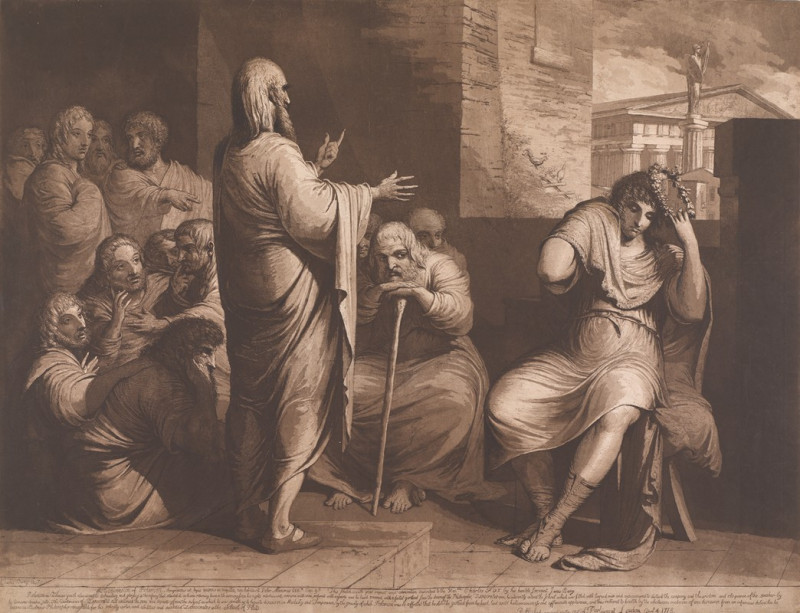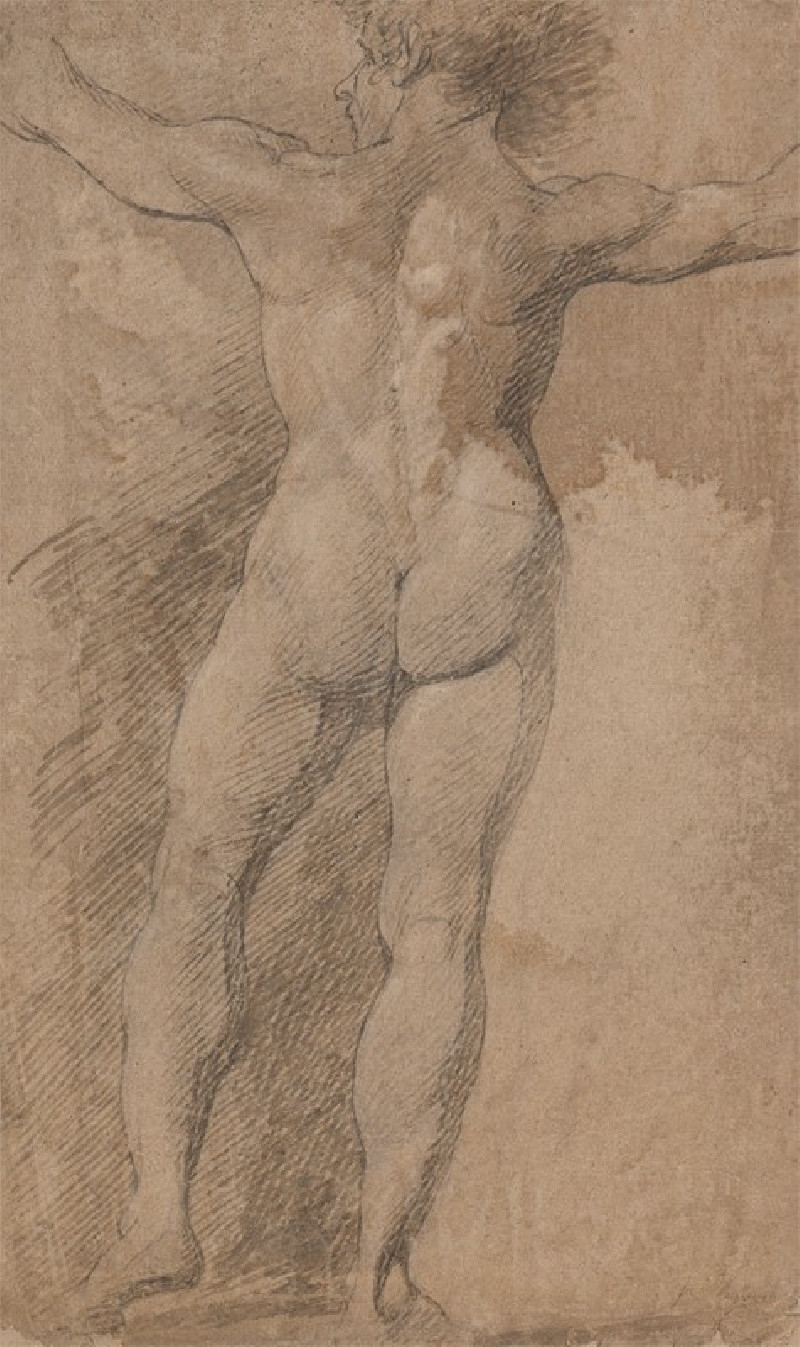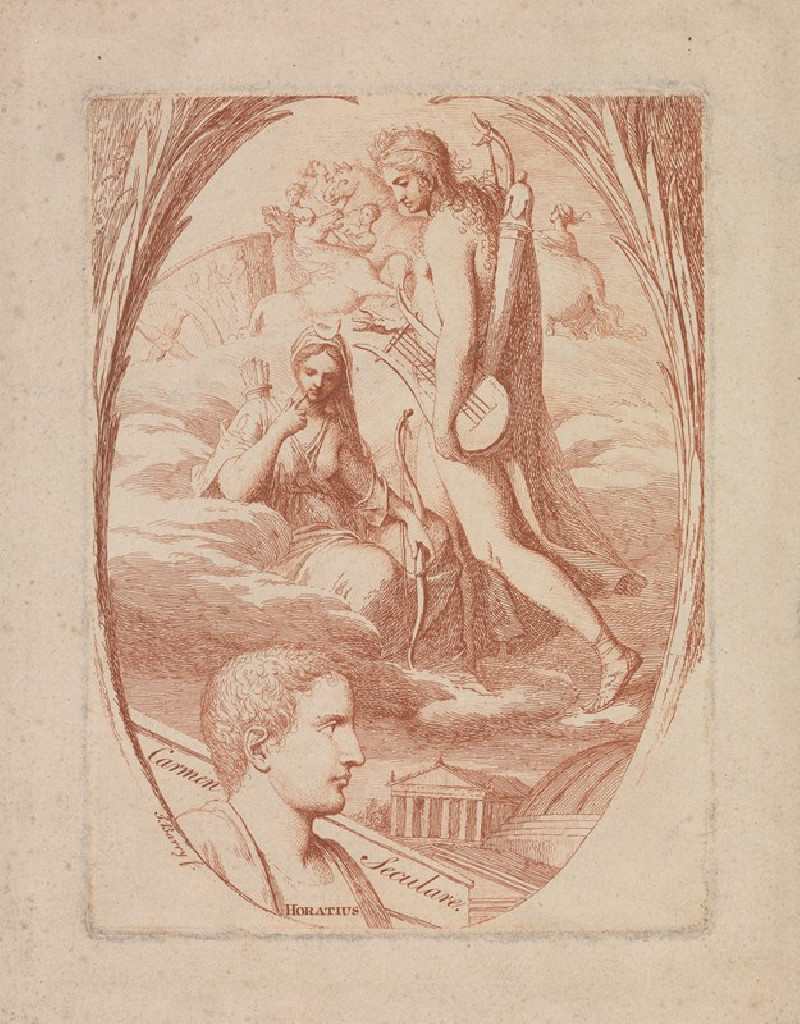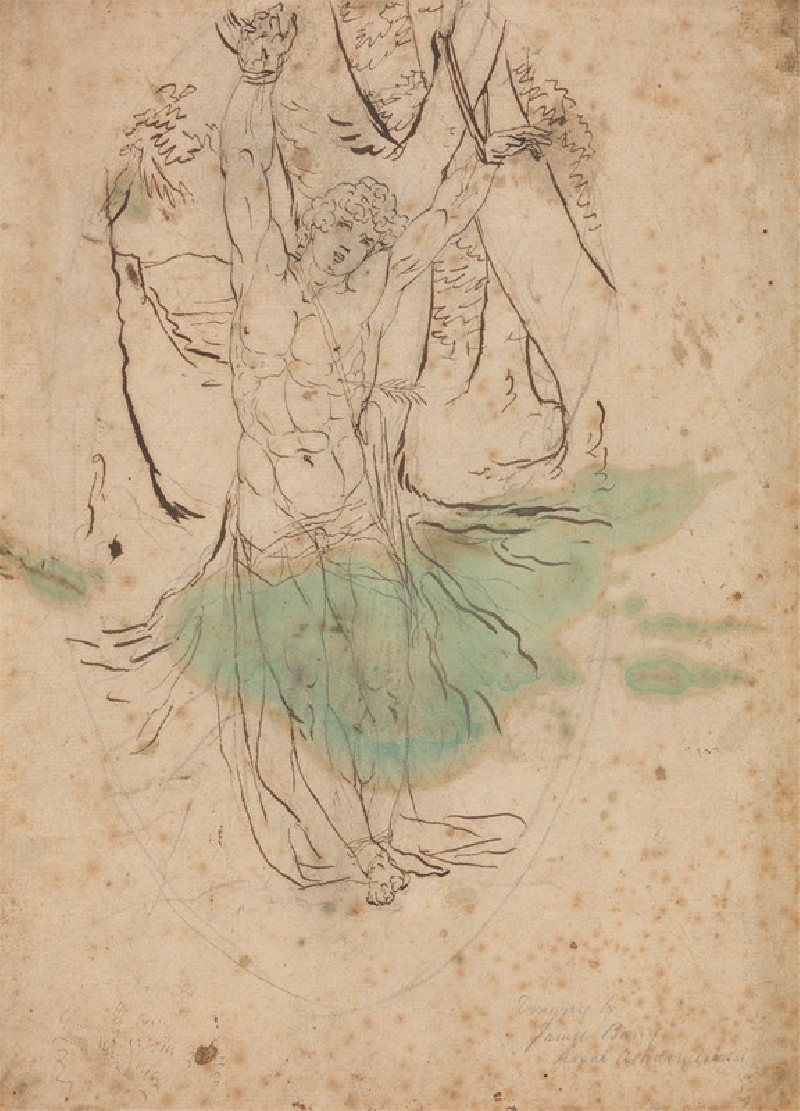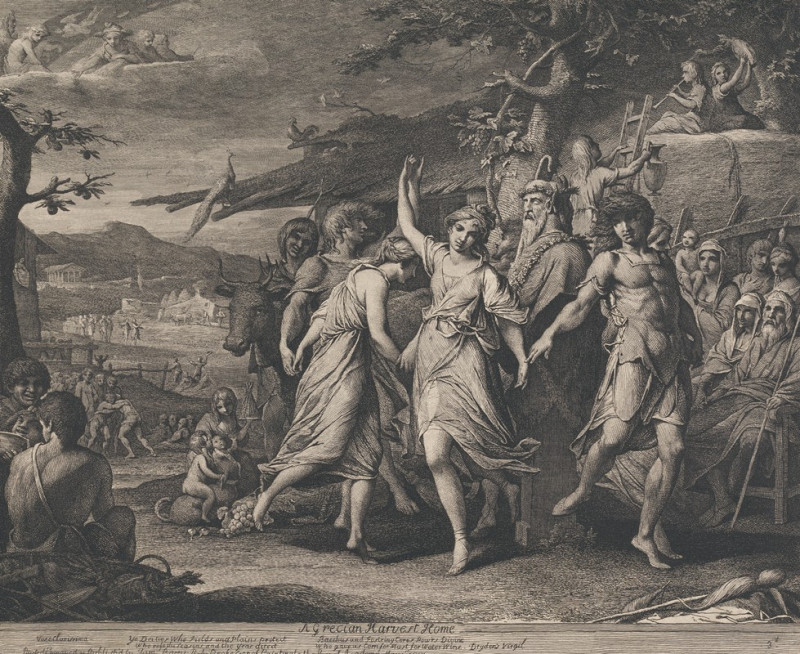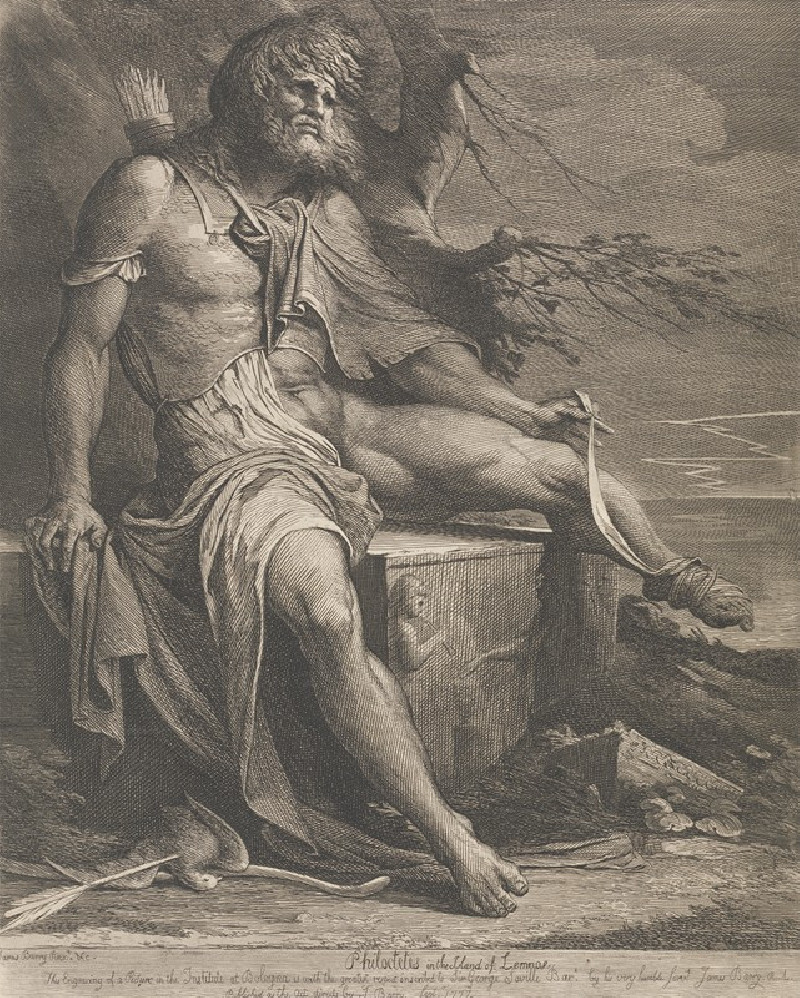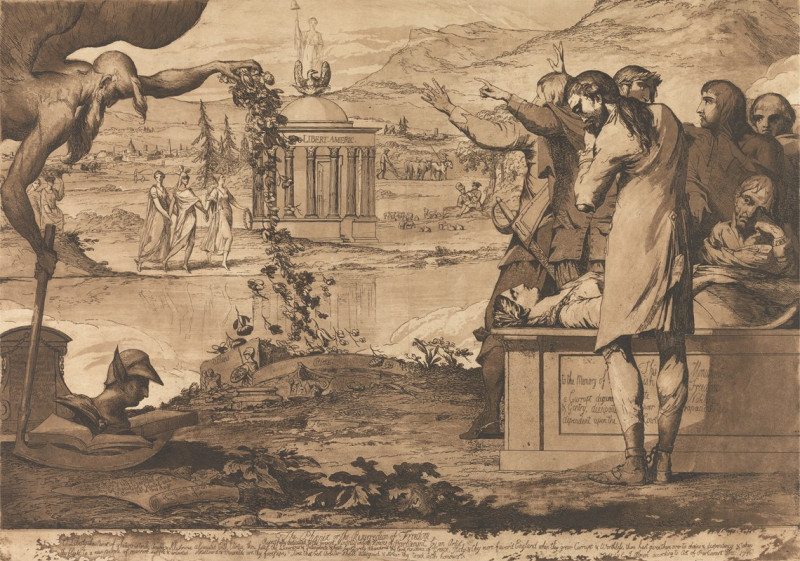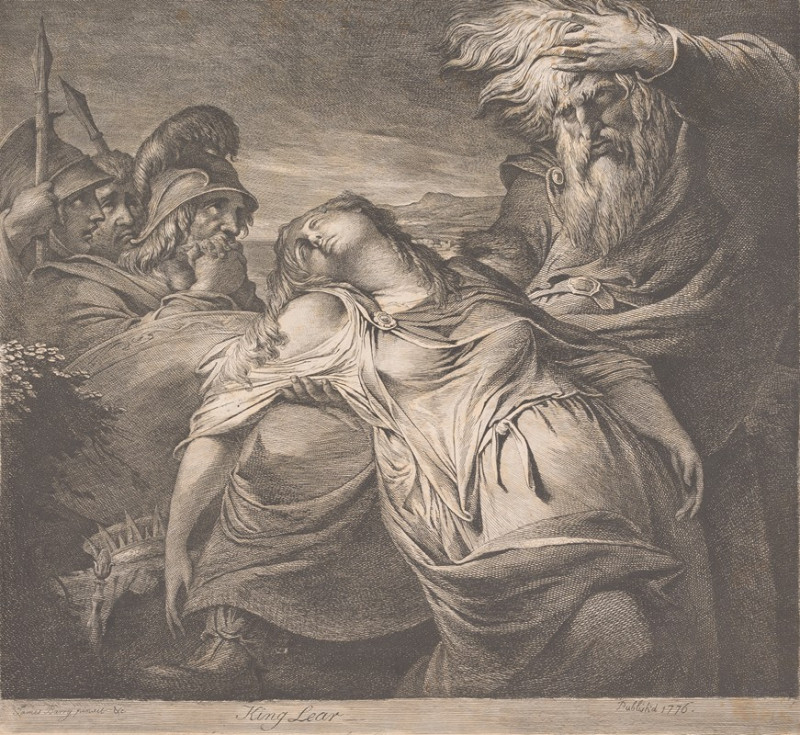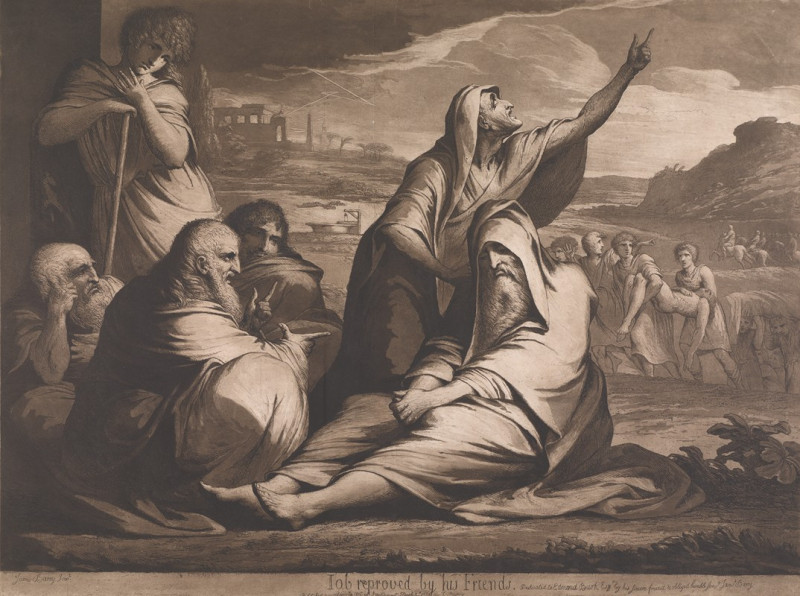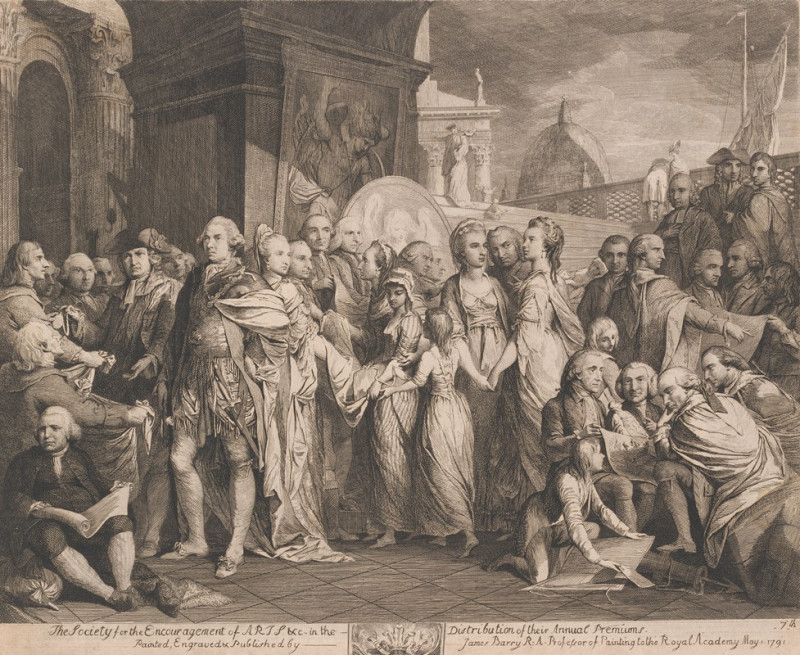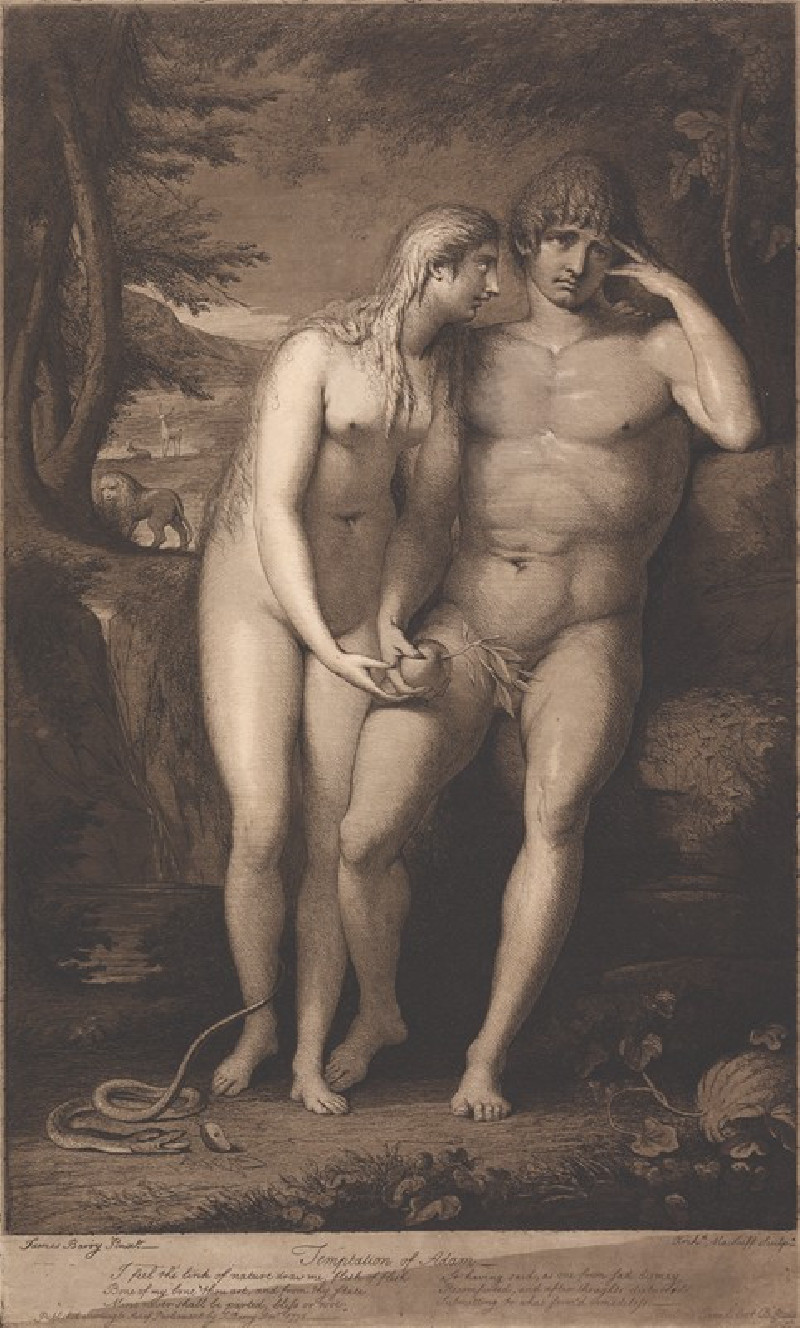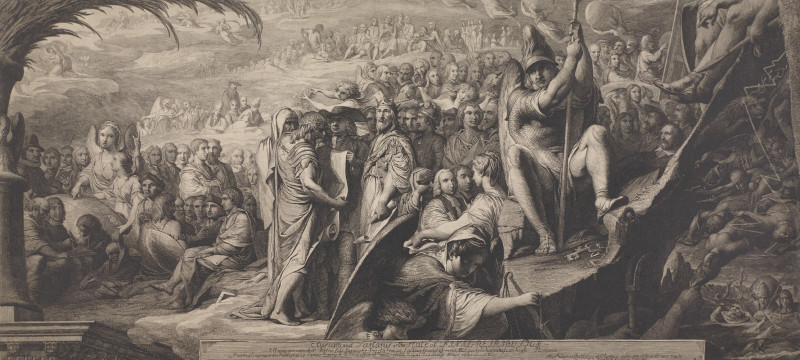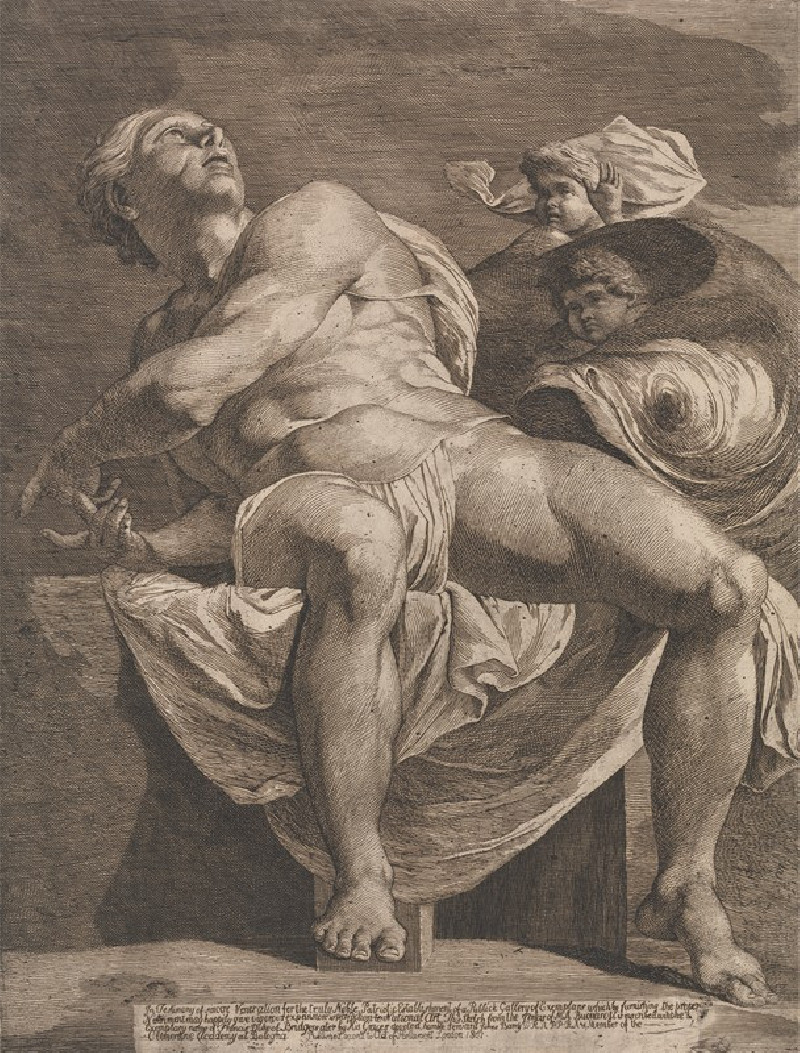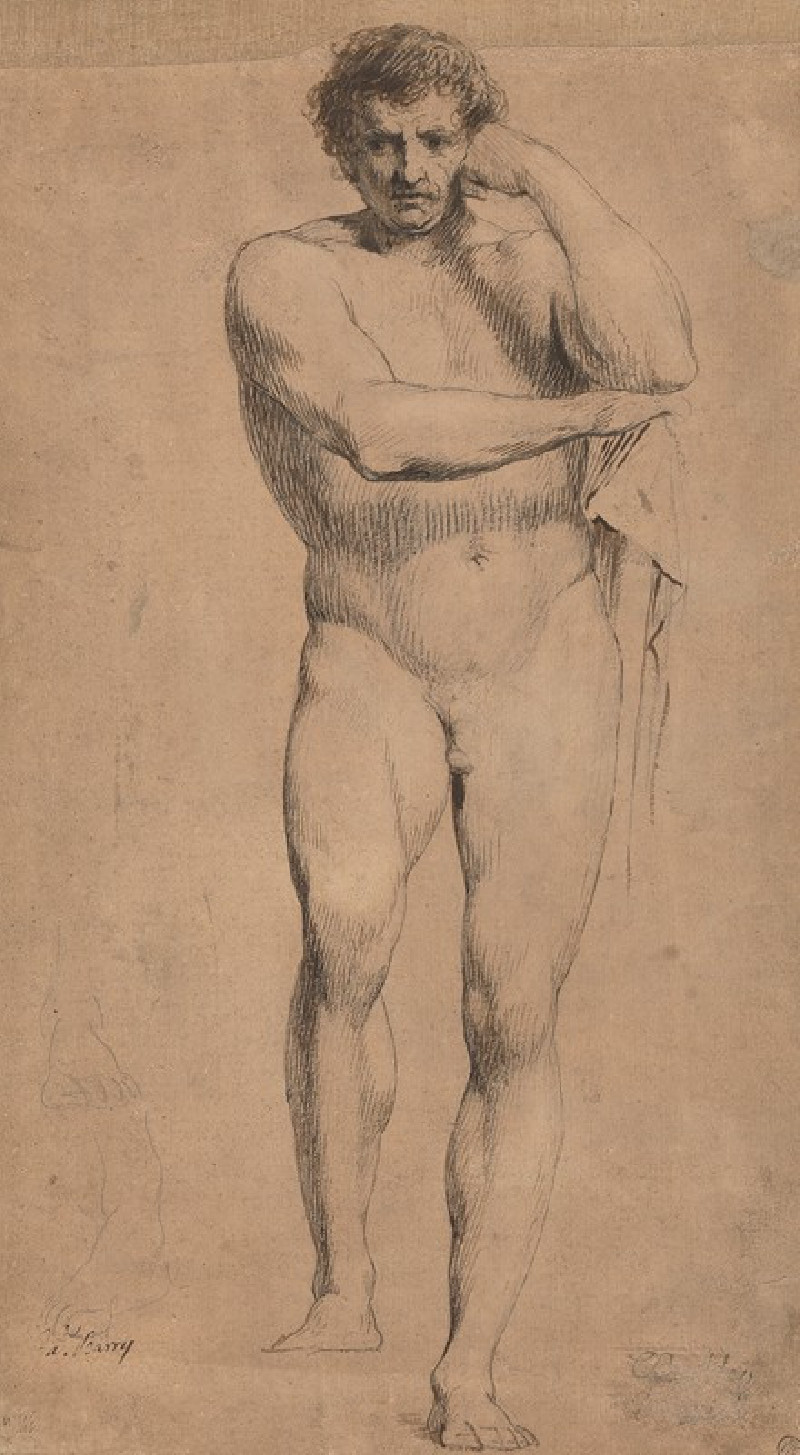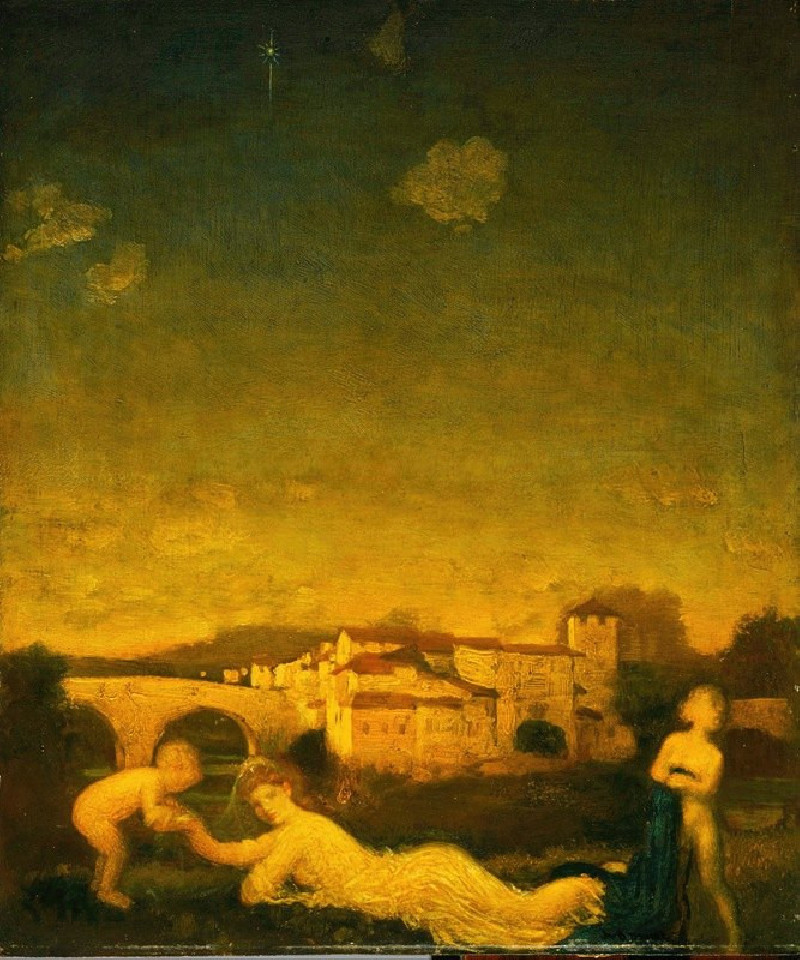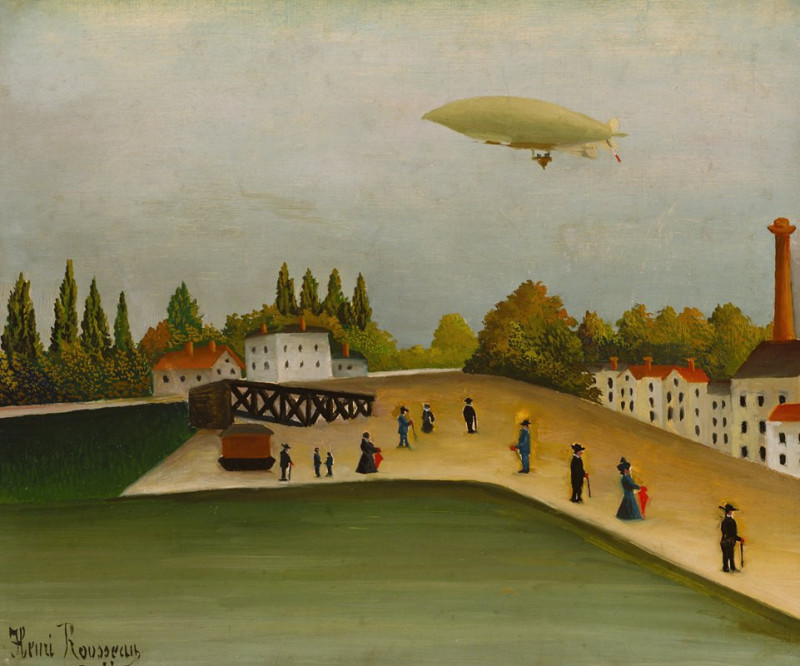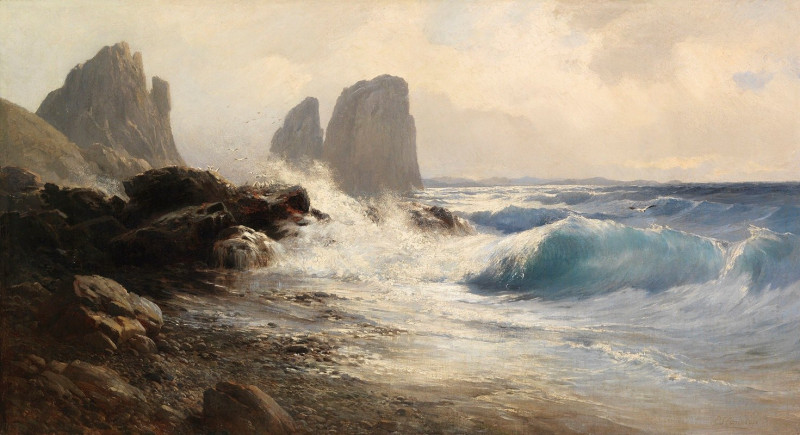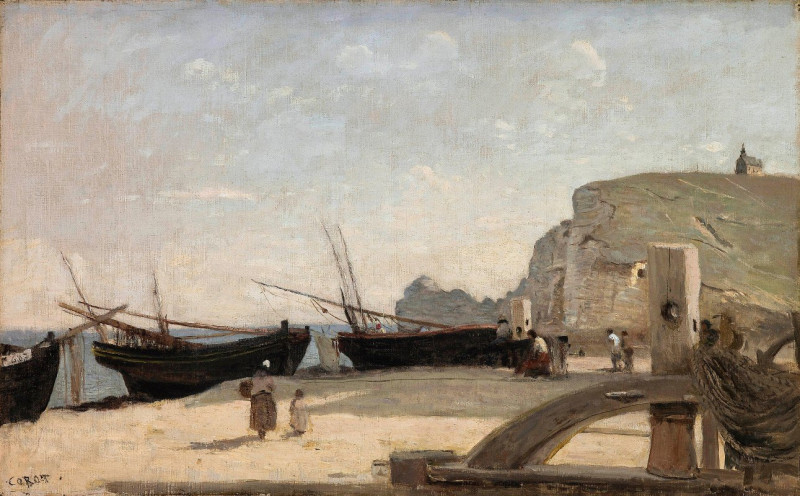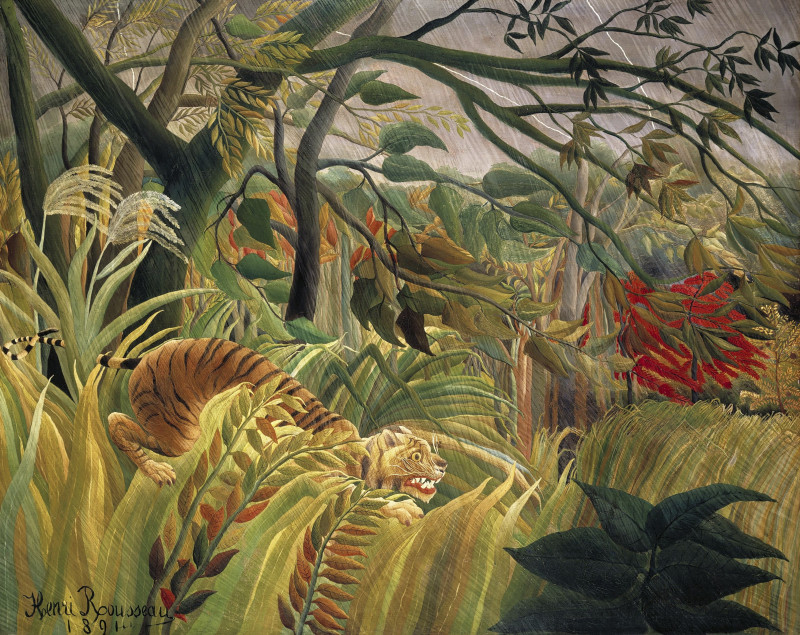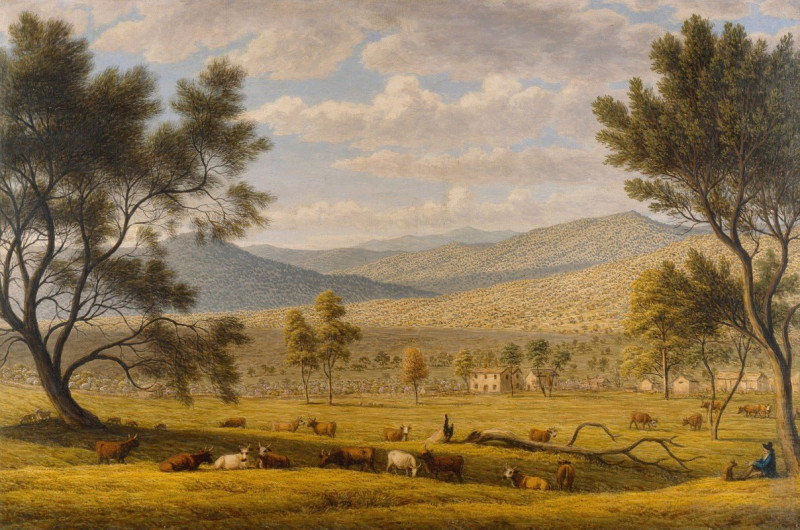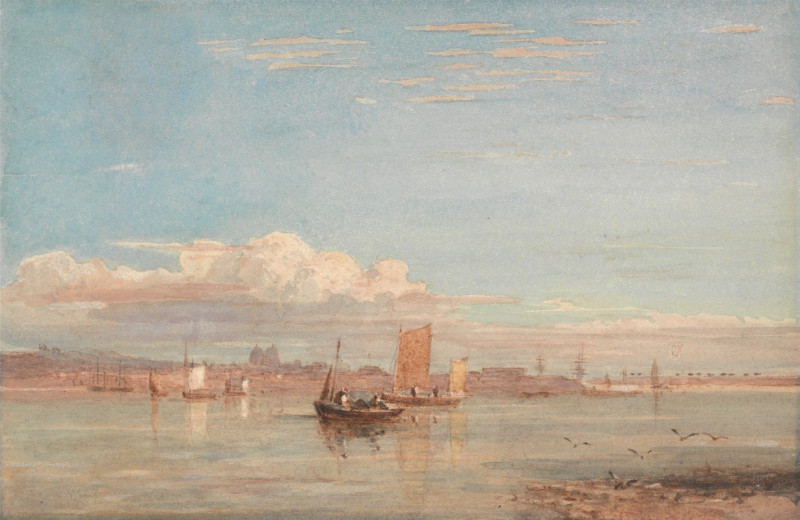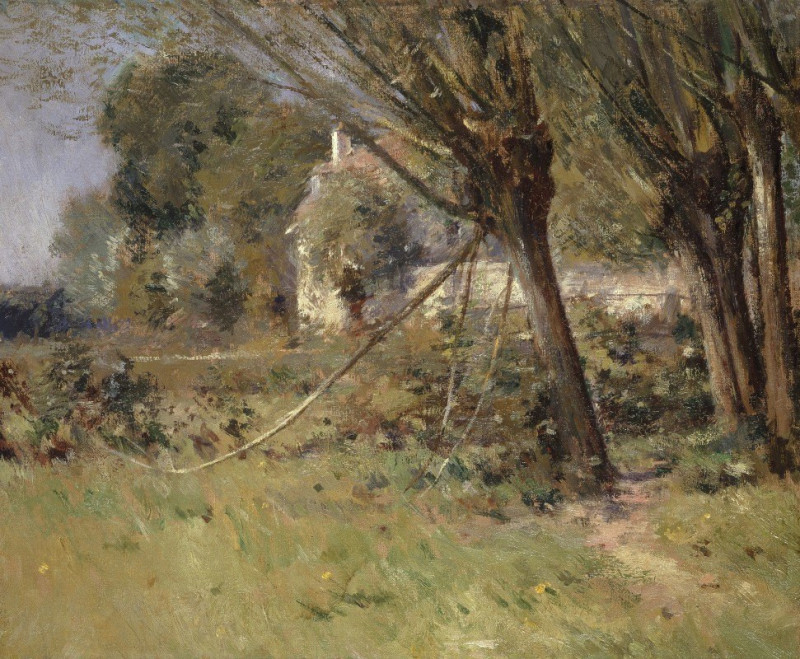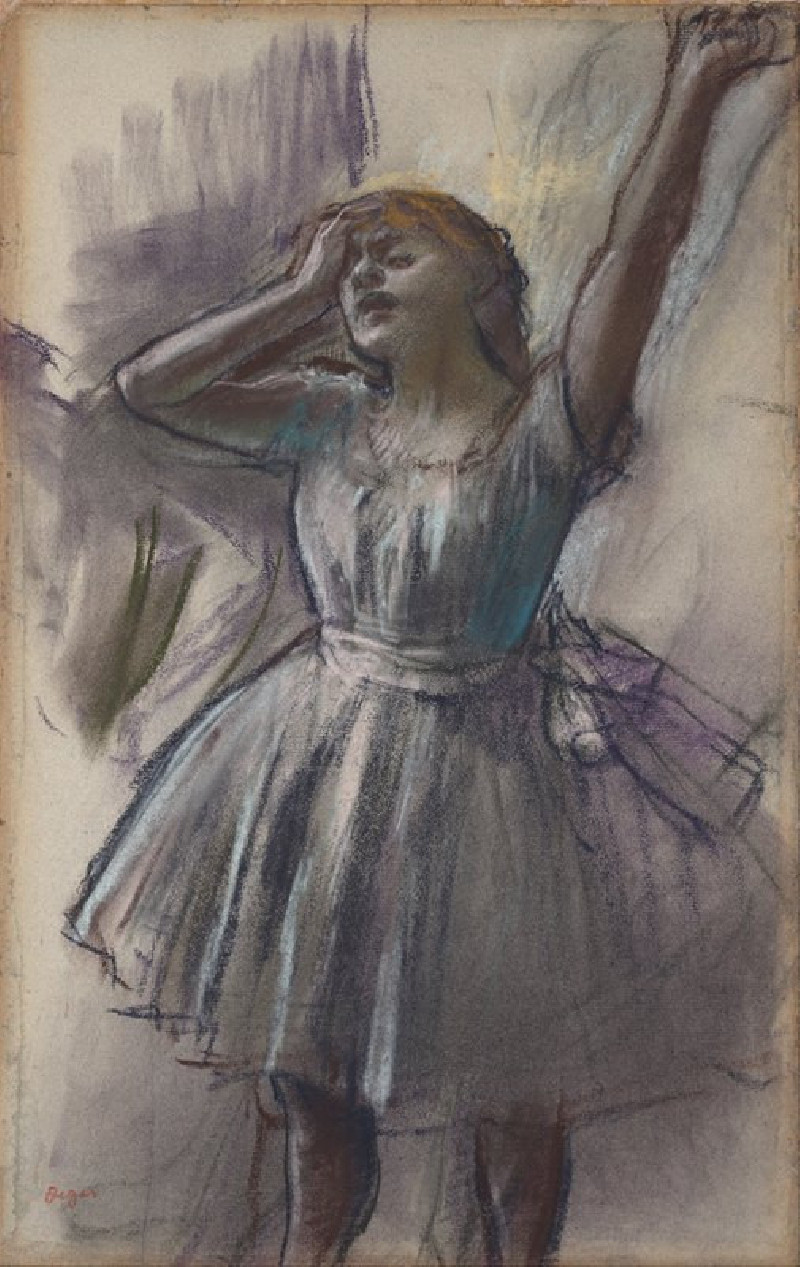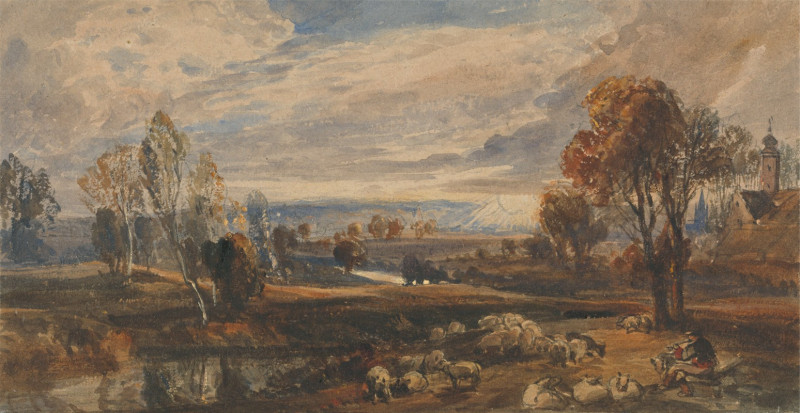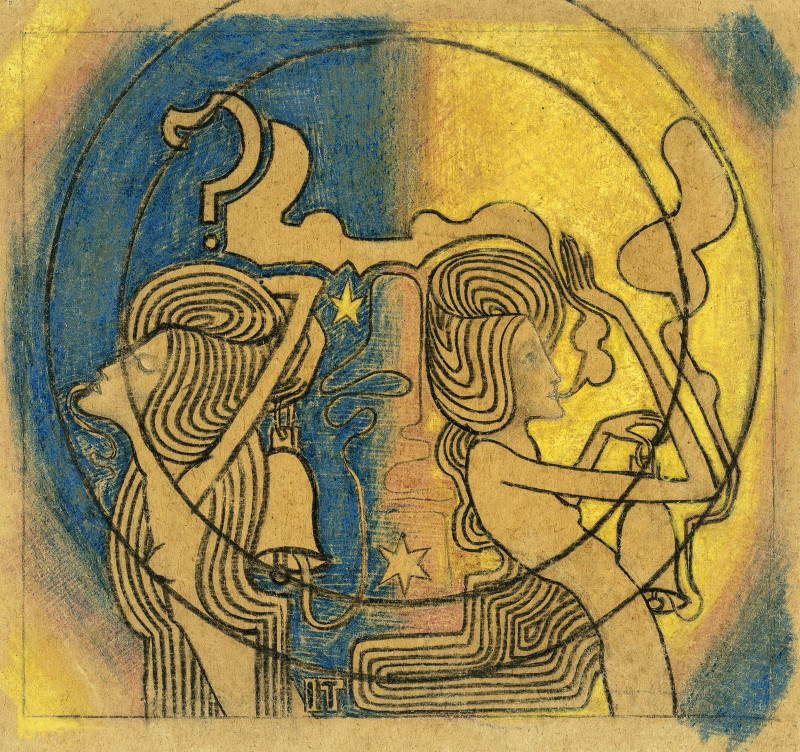The Conversation of Polemon (1778)
More about this artwork
Delivery
Reproductions are made to order and take 5 to 7 working days.
We send them out by courier and delivery takes another two working days.
If you need a reproduction sooner, please contact us - we can usually find a solution and produce it a little faster.
If you don't want to pay for postage, you can pick up your paintings at our galleries in Kaunas or Vilnius.
Returns
Yes, reproductions can be returned.
If you have any doubts more than 30 days after the date of purchase, please contact us - we will take the reproduction back for a refund or offer you a replacement!
We accept a maximum of two returns per customer - please note that we make reproductions to order, so please choose responsibly.
We do not refund shipping expenses.
James Barry (11 October 1741 – 22 February 1806) was an Irish painter, best remembered for his six-part series of paintings entitled The Progress of Human Culture in the Great Room of the Royal Society of Arts in London. Because of his determination to create art according to his own principles rather than those of his patrons, he is also noted for being one of the earliest romantic painters working in Britain, though as an artist few rated him highly until the fully comprehensive 1983 exhibition at the Tate Gallery led to a reassessment of this "notoriously belligerent personality”, who emerged as one of the most important Irish artists. He was also notable as a profound influence on William Blake.

